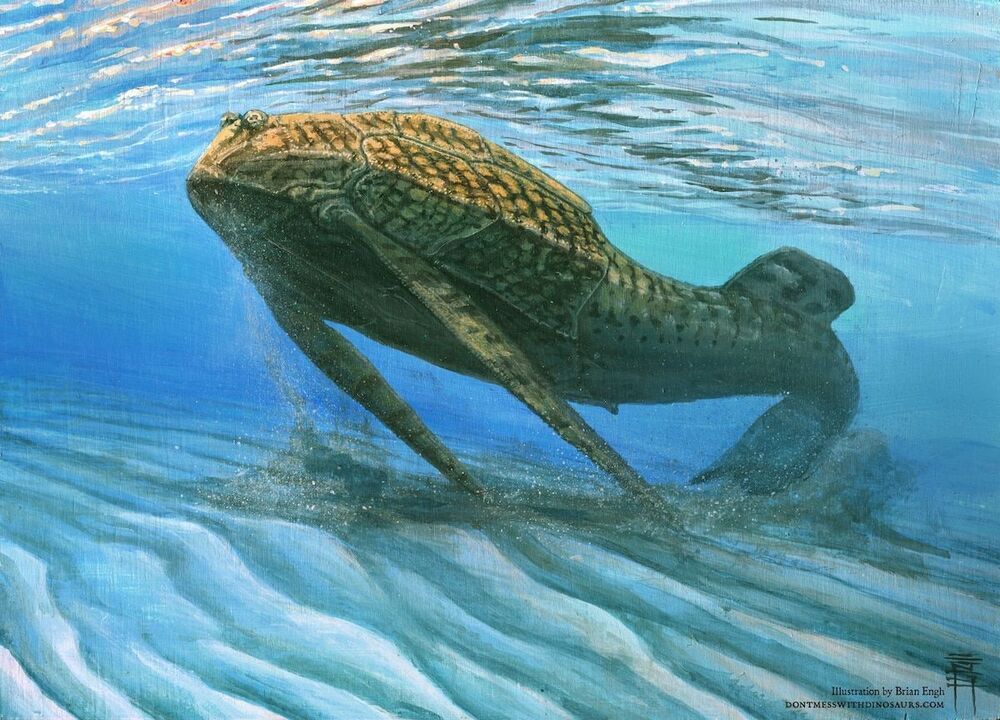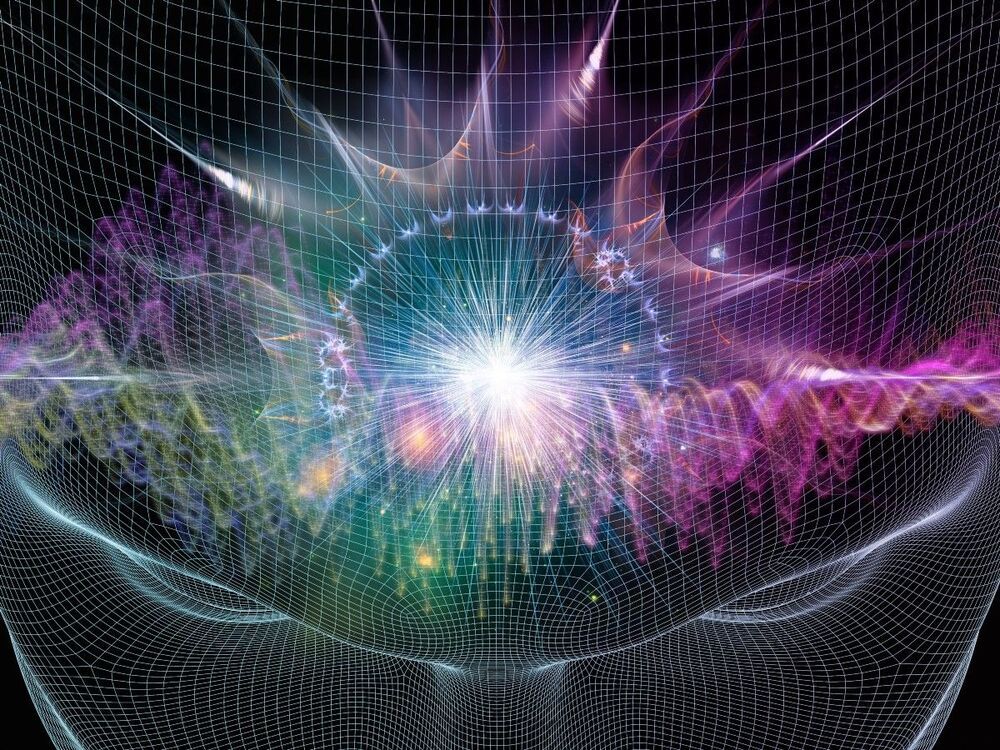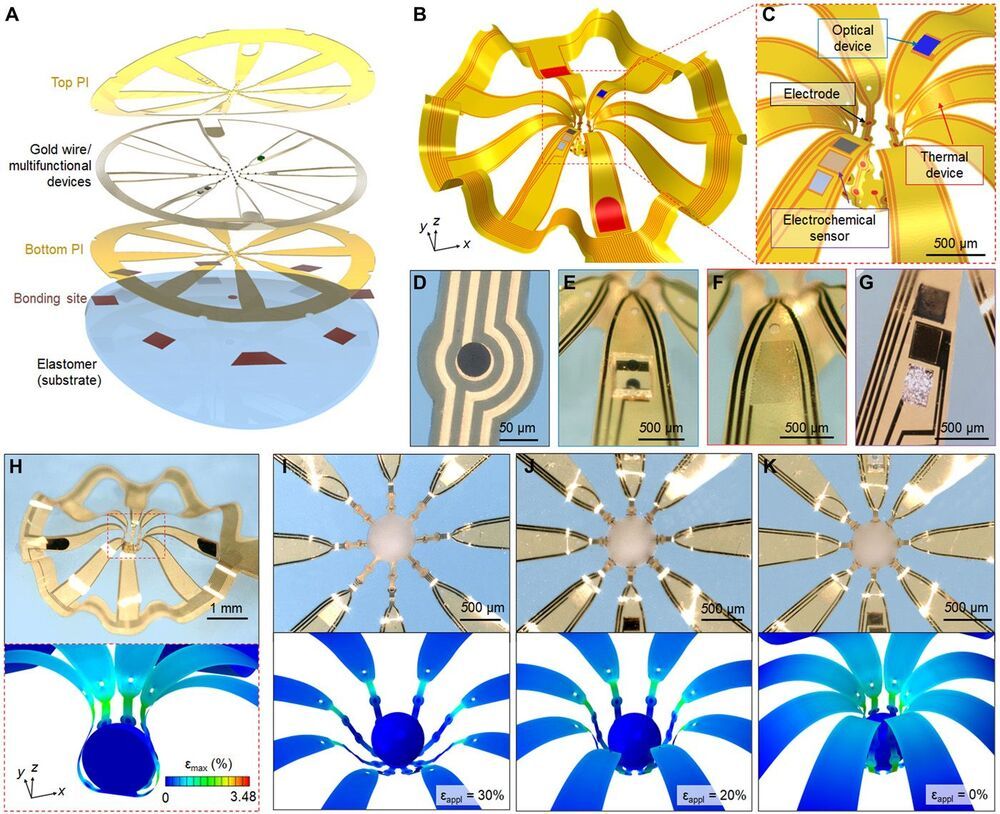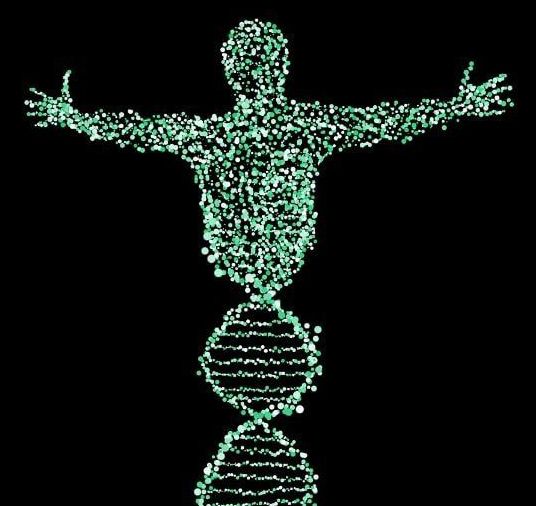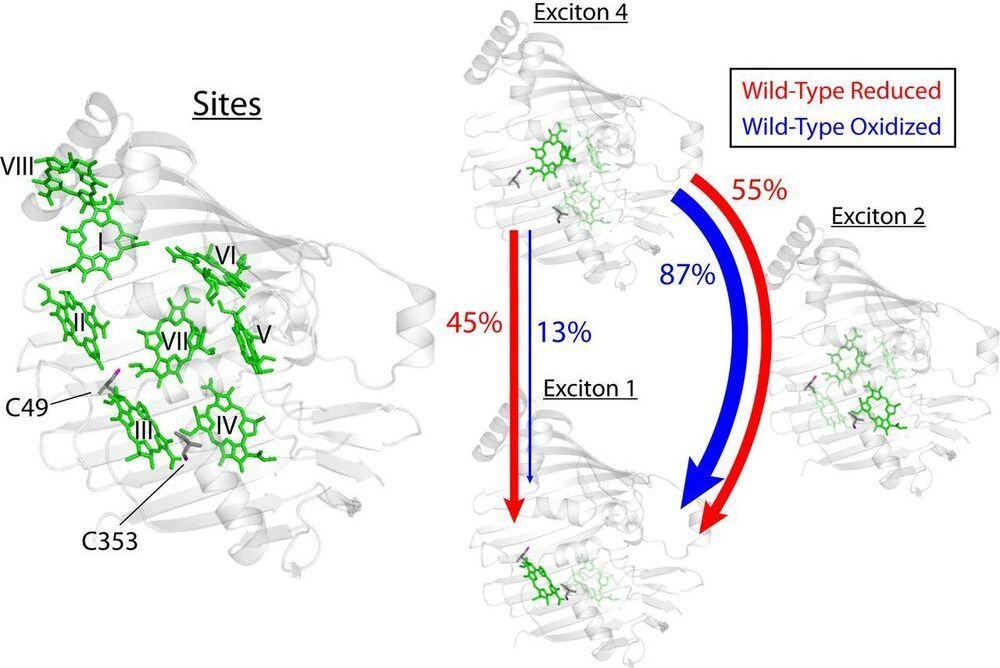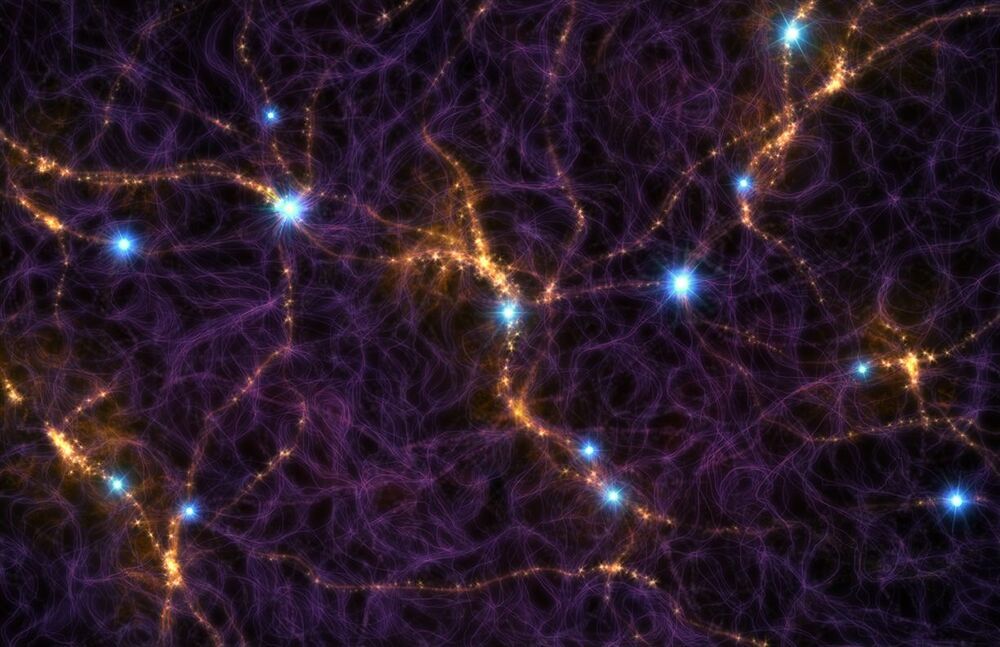Researchers at Tel Aviv University were able to reconstruct the nutrition of stone age humans.
In a paper published in the Yearbook of the American Physical Anthropology Association, Dr. Miki Ben-Dor and Prof. Ran Barkai of the Jacob M. Alkov Department of Archaeology at Tel Aviv University, together with Raphael Sirtoli of Portugal, show that humans were an apex predator for about two million years. Only the extinction of larger animals (megafauna) in various parts of the world, and the decline of animal food sources toward the end of the stone age, led humans to gradually increase the vegetable element in their nutrition, until finally they had no choice but to domesticate both plants and animals — and became farmers.
“So far, attempts to reconstruct the diet of stone-age humans were mostly based on comparisons to 20th century hunter-gatherer societies,” explains Dr. Ben-Dor. “This comparison is futile, however, because two million years ago hunter-gatherer societies could hunt and consume elephants and other large animals — while today’s hunter gatherers do not have access to such bounty. The entire ecosystem has changed, and conditions cannot be compared. We decided to use other methods to reconstruct the diet of stone-age humans: to examine the memory preserved in our own bodies, our metabolism, genetics, and physical build. Human behavior changes rapidly, but evolution is slow. The body remembers.”


